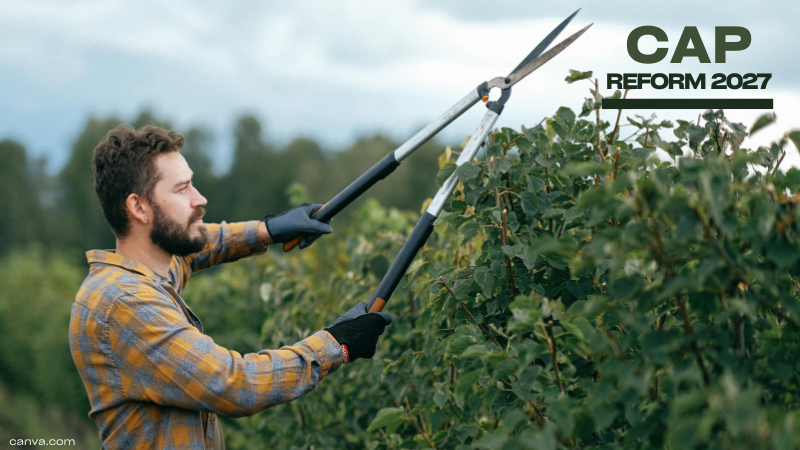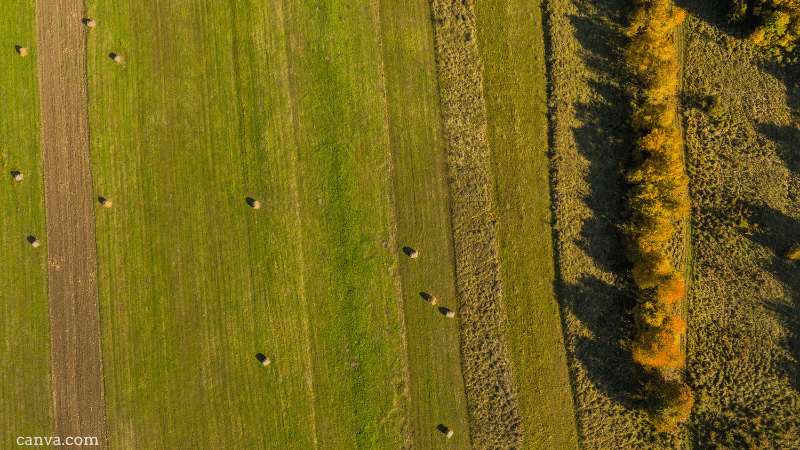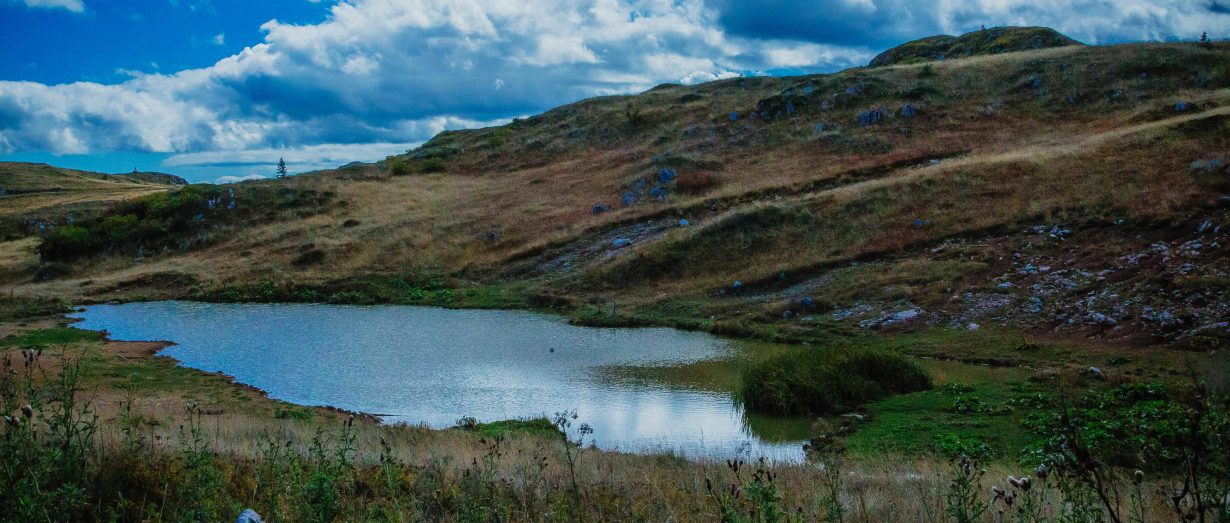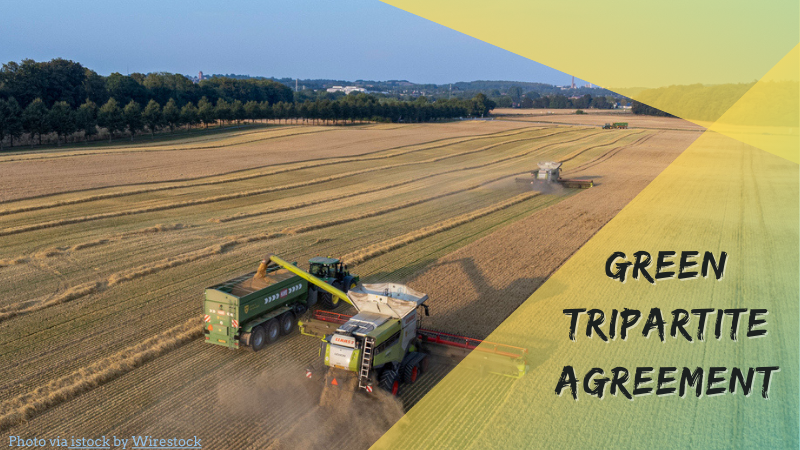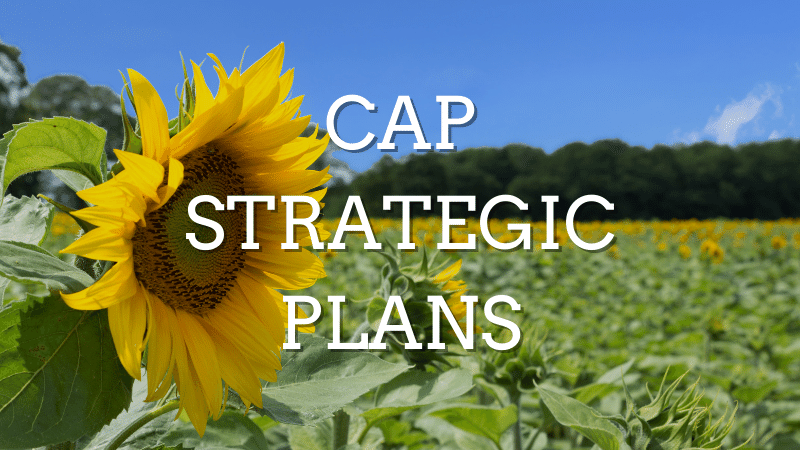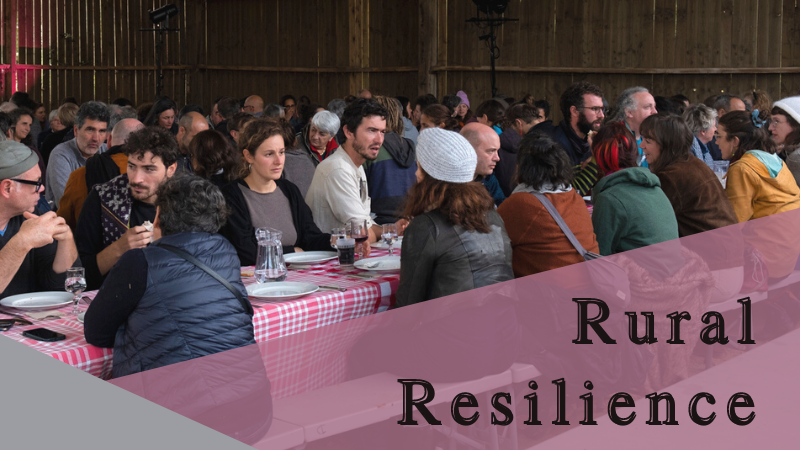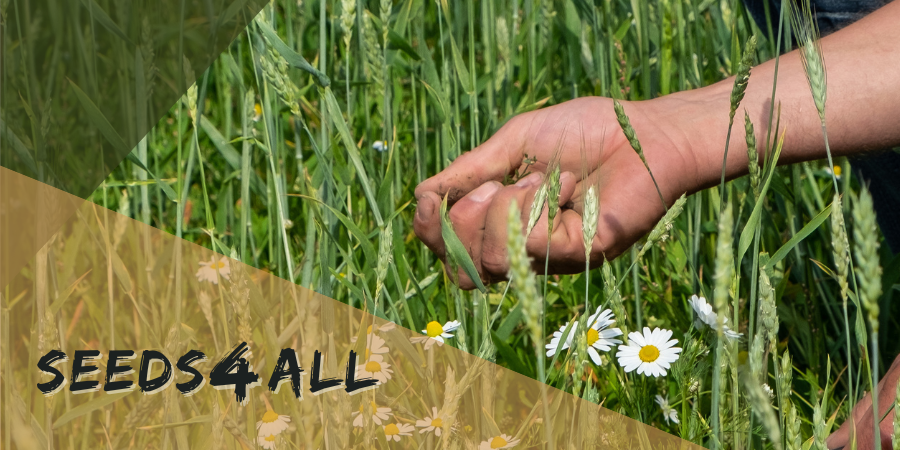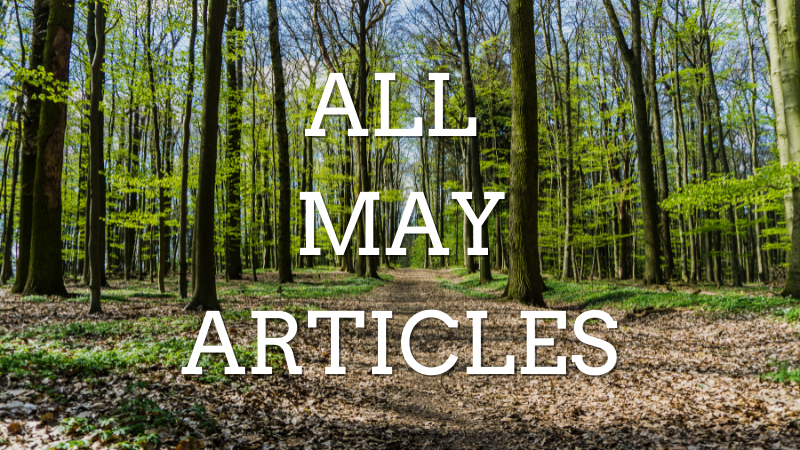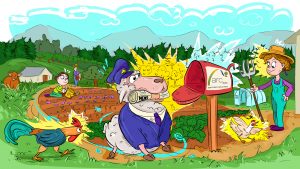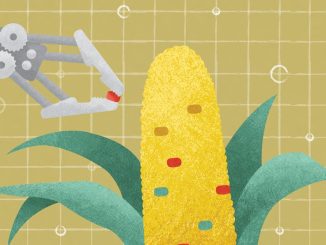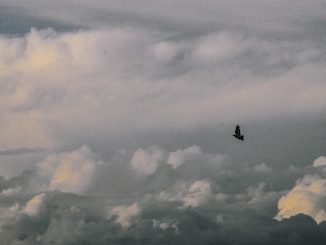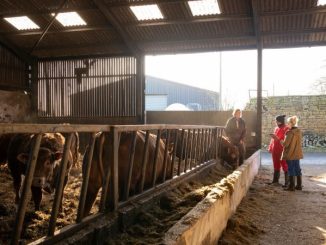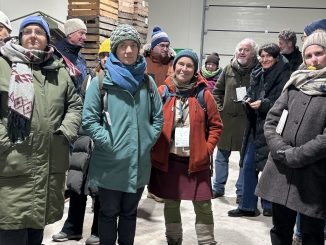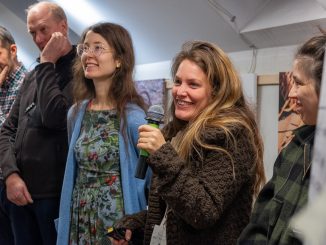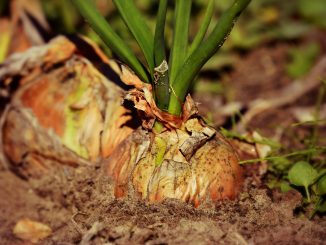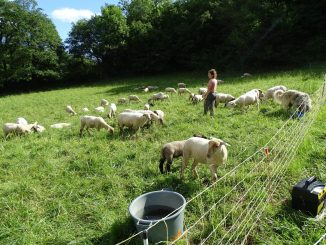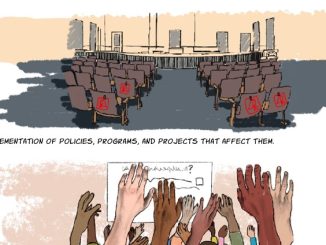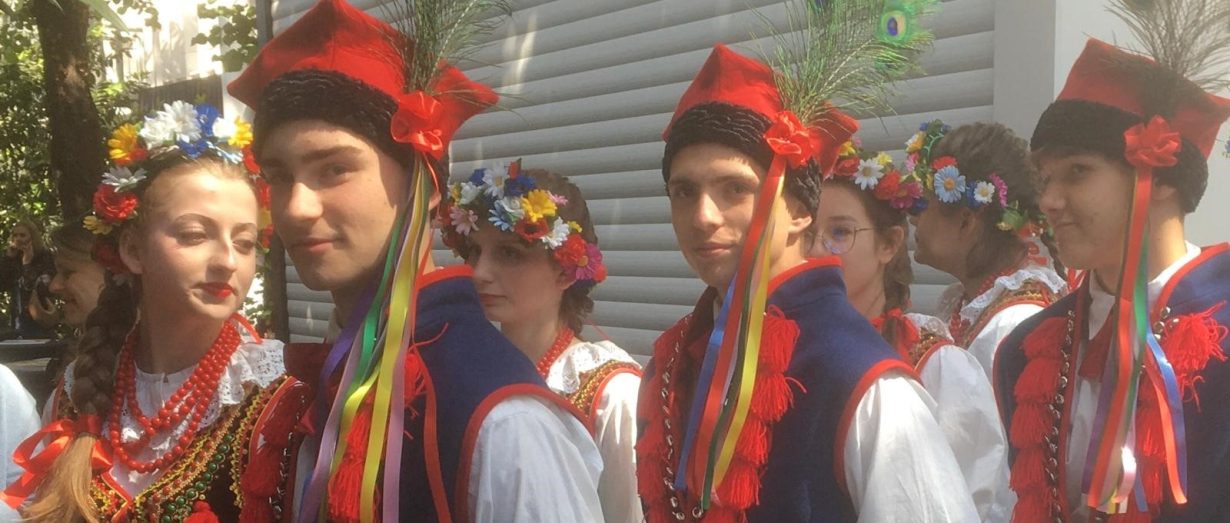
Main stories
-
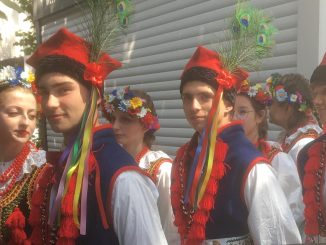 The Polish Rural Parliament launched earlier this month, holding its inaugural gathering at the European Congress on Rural Renewal and Development organised by the Polish EU Presidency on May 8-10 2025. What does this mean for the rural movement in Poland? Below we bring you an interview with its co-initiators, Ryszard Kamiński (Polish Rural Forum) and Szymon Migoń (Polish Rural Youth Union). But first, Hannes Lorenzen reports from the Congress in Poznan. […]
The Polish Rural Parliament launched earlier this month, holding its inaugural gathering at the European Congress on Rural Renewal and Development organised by the Polish EU Presidency on May 8-10 2025. What does this mean for the rural movement in Poland? Below we bring you an interview with its co-initiators, Ryszard Kamiński (Polish Rural Forum) and Szymon Migoń (Polish Rural Youth Union). But first, Hannes Lorenzen reports from the Congress in Poznan. […] -
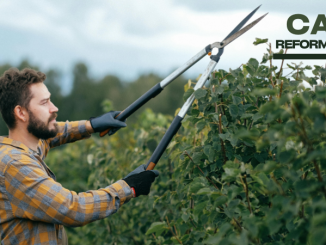 The EU’s Common Agricultural Policy (CAP) is once again being trimmed down to size, with the Commission reaching for the shears in an attempt to cut back what it sees as an overgrown subsidy programme. But it’s not just the deadwood that is being cut away, but also some of its remaining green shoots. Natasha Foote brings you the latest from Brussels. […]
The EU’s Common Agricultural Policy (CAP) is once again being trimmed down to size, with the Commission reaching for the shears in an attempt to cut back what it sees as an overgrown subsidy programme. But it’s not just the deadwood that is being cut away, but also some of its remaining green shoots. Natasha Foote brings you the latest from Brussels. […] -
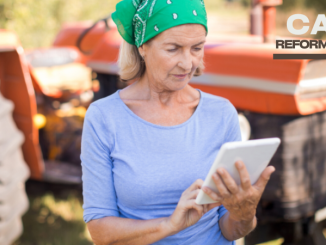 Leaner but not greener with a new era of flexibility and power to member states – these are some of the changes on the menu for the EU’s new plan to simplify the Common Agricultural Policy, according to a leaked document that ARC2020 got its hands on. Natasha Foote gives you a sneak peek of what’s to come. […]
Leaner but not greener with a new era of flexibility and power to member states – these are some of the changes on the menu for the EU’s new plan to simplify the Common Agricultural Policy, according to a leaked document that ARC2020 got its hands on. Natasha Foote gives you a sneak peek of what’s to come. […] -
 Despite moves towards simplification, a Land Observatory is coming this summer. What’s more, there is broad consensus from both the Commission and farming organisations on the need for some more harmonised monitoring of land transactions. But how much power will – or should – such an Observatory have? What will it try to do? And which tools are in place at national and regional level? Oliver Moore takes us through the terrain. […]
Despite moves towards simplification, a Land Observatory is coming this summer. What’s more, there is broad consensus from both the Commission and farming organisations on the need for some more harmonised monitoring of land transactions. But how much power will – or should – such an Observatory have? What will it try to do? And which tools are in place at national and regional level? Oliver Moore takes us through the terrain. […] -
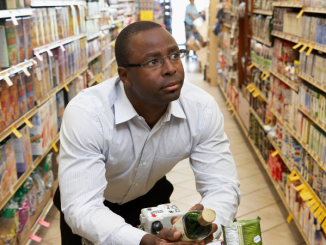 In advance of the first trilogue meeting on “new genomic techniques” that took place this week, the industry launched a statement against GMO labelling. Only the Parliament, not the Council nor the Commission, want consumer labelling of new GM products. Op-ed by Franziska Achterberg, Head of Policy and Advocacy at Save Our Seeds. […]
In advance of the first trilogue meeting on “new genomic techniques” that took place this week, the industry launched a statement against GMO labelling. Only the Parliament, not the Council nor the Commission, want consumer labelling of new GM products. Op-ed by Franziska Achterberg, Head of Policy and Advocacy at Save Our Seeds. […] -
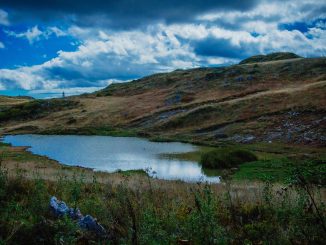 “Who owns agricultural land” is never an easy question. In post-war Bosnia and Herzegovina, multi-layer governance adds another dimension of complexity. Farmland is disappearing as landscapes—and the people living in them—are reshaped by drawn out processes of refugee return and restitutions, and new forms of extractivism. Dr Katarina Kušić and Z. V. explain how the Bosnian War of 1992-1995 continues to cast a shadow over land use. […]
“Who owns agricultural land” is never an easy question. In post-war Bosnia and Herzegovina, multi-layer governance adds another dimension of complexity. Farmland is disappearing as landscapes—and the people living in them—are reshaped by drawn out processes of refugee return and restitutions, and new forms of extractivism. Dr Katarina Kušić and Z. V. explain how the Bosnian War of 1992-1995 continues to cast a shadow over land use. […] -
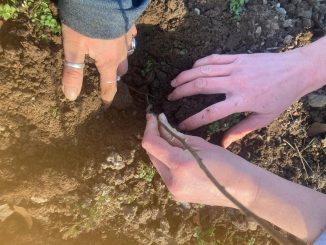 On Cloughjordan Community Farm it takes a village to grow 50 sorts of vegetables. The member-owned farm produces high quality, nutritionally dense veggies using agroecological methods. Community is central to the farm’s work, from its CSA scheme to volunteering, and most recently a big effort to plant 2,000 trees for syntropic farming. Letter from the farm by Oliver Moore. […]
On Cloughjordan Community Farm it takes a village to grow 50 sorts of vegetables. The member-owned farm produces high quality, nutritionally dense veggies using agroecological methods. Community is central to the farm’s work, from its CSA scheme to volunteering, and most recently a big effort to plant 2,000 trees for syntropic farming. Letter from the farm by Oliver Moore. […]

